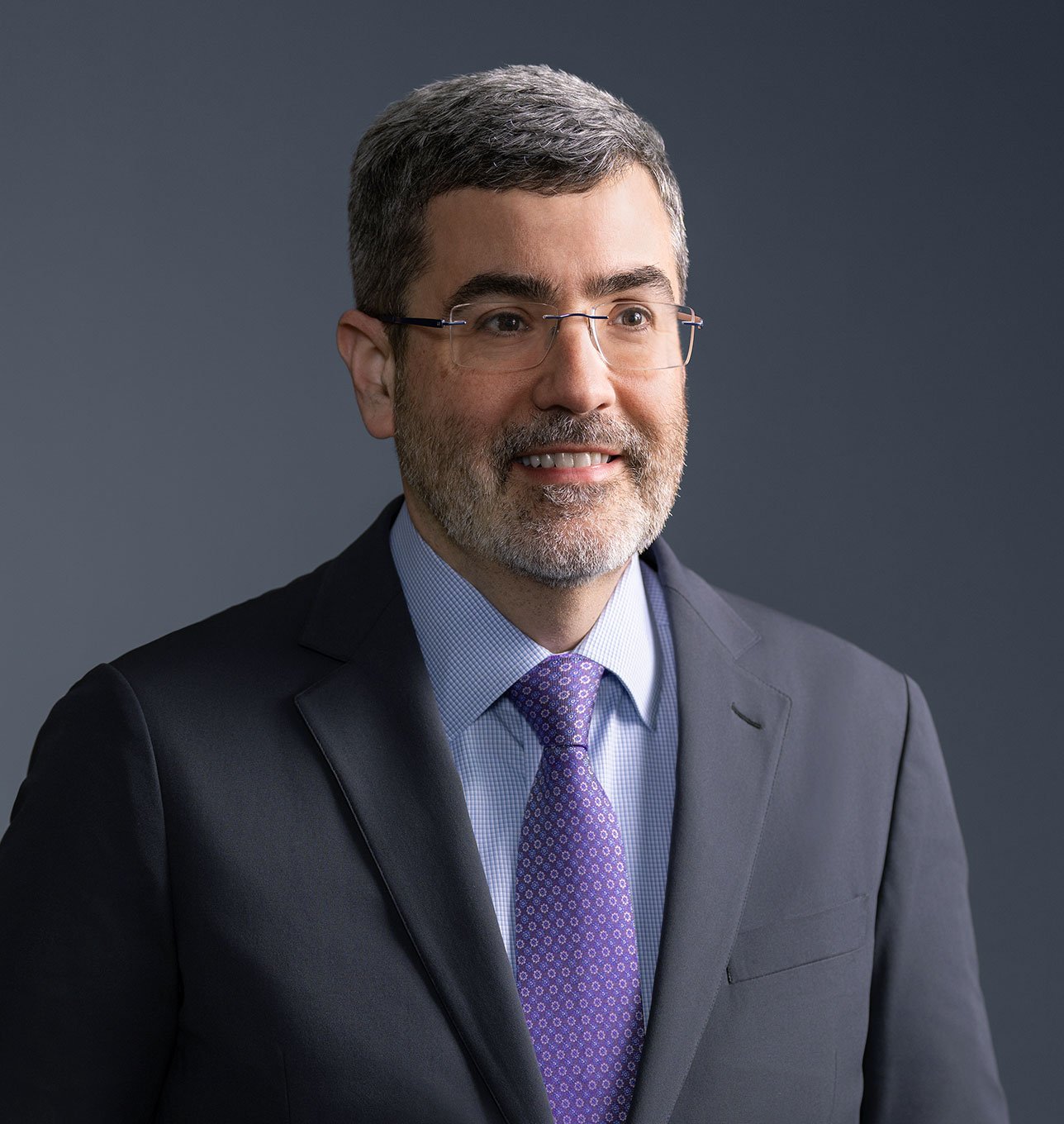Uncharted Territory: Balancing First Amendment and Trademark Rights in a Digital World
On May 18, 2022, SDNY U.S. District Judge Jed S. Rakoff issued a written decision refusing to dismiss Hermes’ trademark infringement claims against Los Angeles designer Mason Rothschild over Rothschild’s “MetaBirkins” non-fungible token (NFT). The lawsuit has been closely watched by trademark lawyers and NFT minters as it represents a familiar clash between trademark law and free expression but in the very novel context of NFTs.
Background
Without permission from Hermes, Rothschild created digital images of Hermes’ “Birkin” handbags and sold these “MetaBirkins” images as NFTs. As of January 2022, total sales for the MetaBirkins NFT series eclipsed $1.1 million. Hermes was quick to file a complaint against Rothschild, alleging federal causes of action for (1) trademark infringement, (2) false designations of origin and false descriptions and representations, (3) trademark dilution, and (4) cybersquatting. Hermès International, et al. v Mason Rothschild, No. 22-cv-384 (JSR) (S.D.N.Y.).
The Defense
Rothschild argued that his MetaBirkins digital images, which depict the Hermes’ luxury handbags covered in fur, are works of art where the physical Birkin bag serves as merely the subject of an otherwise transformative digital expression. Commenting on the initial cease and desist letter he received from Hermes, Rothschild tweeted that “MetaBirkins is a playful abstraction of an existing fashion-culture landmark. I re-interpreted the form, materiality and name of a known-cultural touchpoint.” Rothschild analogized to Andy Warhol’s famous artwork depicting Campbell’s Soup cans.
The Decision
Judge Rakoff agreed that the court must determine whether the MetaBirkins are appropriately considered artistic expressions of the Hermes product but, in his decision to deny Rothschild’s motion to dismiss, noted that Hermes sufficiently argued that Rothschild’s use of the “MetaBirkins” trademark was explicitly misleading consumers into believing the project is authorized by, or otherwise affiliated with, Hermes. In reaching this decision, Judge Rakoff disagreed with Rothschild’s contention that a traditional trademark infringement analysis, and, in particular, application of the Polaroid factors to assess the likelihood of confusion, must be precluded in the context of artistic works. The court effectively held that trademark infringement can exist even as applied to artistic expression if the artistic expression was created to explicitly mislead consumers. In this case, the court is leaving open the question of whether Rothschild’s use of the “Birkin” trademark was intended as a source indicator for purposes of trading off of the brand reputation of Hermes’ Birkin handbags or, rather, as the title of artwork to which First Amendment protection should apply.
Takeaways
With new business applications emerging for companies entering the metaverse, launching NFTs, and investing in Web 3.0, the commercial potential of this technology is growing. And as these spaces continue to develop, they will become a critical part of brand initiatives aimed at engaging with consumers. But the rights of brand owners to police this space remains subject to a number of important but unanswered questions.
The MetaBirkin case is an example of this innovation process in action and will be an important step in defining where lines need to be drawn to protect brands. Are digital images of physical products transformative art or IP appropriation? Who has the right to own what in a virtual world? Are these emerging technologies a “natural zone of expansion” for which brands must seek trademark protection?
The MetaBirkin case is one of several pending cases that may help answer these questions and provide some guidance on best practices for protection, enforcement, and fair use.
If you have any questions, please contact any of the attorneys listed below:
Richard Assmus
For more coverage of NFTs, check out our recent podcast, NFT Primer: What Buyers, Sellers and Issuers Need to Know, with partners Richard Assmus and Rohith George.


